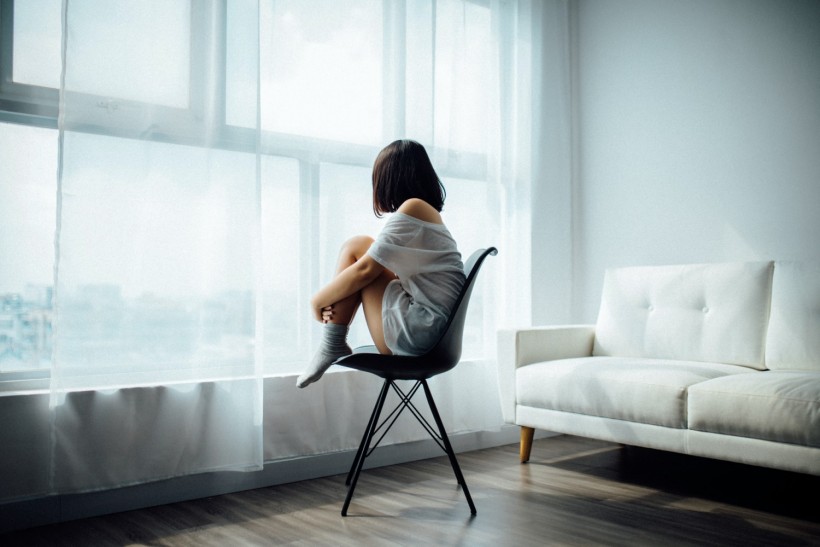Hormonal imbalances are the culprits behind many health issues. While they're often overlooked, hormonal imbalances can have a significant impact on your quality of life. Anything from difficulties losing weight to skin health issues to depression and anxiety are all linked to hormonal challenges.
The tricky part in the medical community is figuring out if the hormone imbalance is the chicken or the egg. What caused the hormonal imbalance in the first place? And is there a way to heal the body so that those imbalances correct themselves? Here are some of the main issues that people deal with when they have a variety of hormone imbalances.
Weight Gain
Hormonal imbalances can also cause weight gain, especially in women. This is because hormonal imbalances are known to affect the metabolism, appetite, food cravings and fat storage. Leptin and insulin are both hormones that are associated with weight loss and fat storage. When insulin is too high, it tells the body to store fat, or at the very least not to lose any fat. This is why many people who are diabetic struggle to lose weight.
Thyroid hormones also play a role in weight loss and weight gain. More scientists are looking at obesity as not just a self-control issue, but also potentially a metabolic disorder. While in many cases, lifestyle choices trigger the imbalance, there may be more at play. More research is needed to discover the best steps to help people who need to lose weight and have hormone imbalances.
Fatigue
Want to know why you're tired all the time? Hormonal imbalances can also lead to fatigue. Symptoms of fatigue include feelings of exhaustion and low energy. You may have difficulty concentrating and even lack motivation. To treat hormonal imbalances that cause fatigue, you should first get tested for thyroid issues by a doctor. If it's found that your thyroid is underactive or overactive, then you can talk with them about possible treatment options. While protein and healthy fats are critical to balance out hormones, some people may need more than a few dietary changes to get back their energy.
Acne and Other Skin Issues
There is a reason why most people think of teenagers when they think of acne. Teens go through many hormonal shifts as they go through puberty and make the change from childhood to adulthood. Many can experience better skin with dietary changes, a good skincare routine, and even a great hormonal acne supplement product. There is help for people with hormonal acne.
Depression
Some instances of depression are triggered by hormonal shifts. The lack of the neurotransmitter serotonin, which helps to regulate mood, can cause depression. The lack of melatonin, which helps regulate sleep cycles and seasonal affective disorder (SAD), can also cause depression. It's important for medical professionals to evaluate all aspects of a person's health when they are experiencing depression. Look for doctors who will test your hormone levels, look for vitamin deficiencies, and other underlying issues when you experience depression. It's important to try and get to the root cause, not just treat the symptoms.
Anxiety
Anxiety is another common symptom of hormonal imbalances. Hormone replacement therapy can target the exact hormones that are causing anxiety in your body, which will ultimately reduce your symptoms. If you're looking for a more holistic approach to treating anxiety, cognitive behavioral therapy is something you should consider as well. This type of therapy focuses on changing negative thought patterns and behaviors. It's been proven to be very effective at treating anxiety disorders. Of course, many doctors also prescribe anti-anxiety medication at least temporarily to help people with extreme anxiety disorders be able to function.
Insomnia
Did you know hormones help regulate your sleep? Sleep is incredibly important to the body and mind. It helps the body regenerate, produce more hormones, heal itself, repair damage, process memories and thoughts, stay healthy, and think clearly. When we do not get enough high-quality sleep our bodies no longer have time to produce melatonin which causes us to feel tired during daylight hours; this leads to poor sleep cycles that can cause insomnia or poor quality restorative sleep.
Low Libido
There are many different causes of low libido, such as stress or relationship problems with your partner. However, sometimes the cause is related to hormone levels in the body. This is especially true for women who are going through menopause or have recently been through childbirth or breast cancer treatment.
* This is a contributed article and this content does not necessarily represent the views of sciencetimes.com















